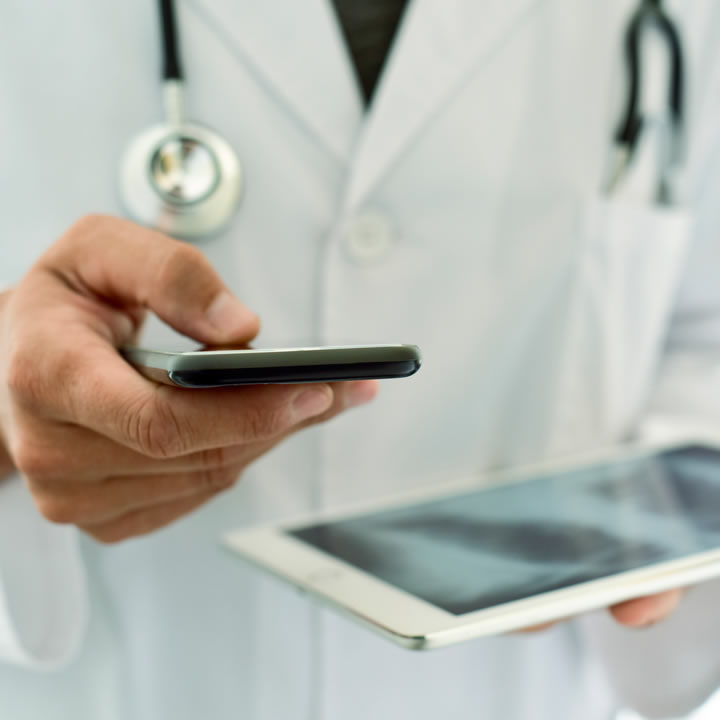The healthcare sector is continuously changing, along with it, the strategies healthcare organizations and providers use to promote their goods and services. The move toward mobile marketing has been one of the most important recent changes.
Using a physician email database for healthcare outreach and mobile marketing can be a highly effective approach to connecting with healthcare professionals and marketing your goods or services.
Mobile device usage has permeated every aspect of our everyday lives, and the healthcare sector is following suit. Smartphones and tablets are widely used by both patients and healthcare professionals to obtain information, connect with others, and monitor their health.
To reach and interact with their target audience, healthcare organizations now depend heavily on mobile marketing.
However, mobile marketing faces particular difficulties in the healthcare sector.
Compliance with laws like HIPAA (Health Insurance Portability and Accountability Act) and GDPR (General Data Protection Regulation), which establish data protection and security standards, is the main problem.
Therefore, healthcare businesses must ensure that all mobile marketing campaigns adhere to these rules, which can be a big task.
The requirement to give patients and medical professionals accurate and pertinent information is another difficulty. Due to the complexity of the healthcare sector, mobile marketing strategies must be customized to the target audience’s unique demands and interests.
This calls for in-depth knowledge of the target market and the capacity to produce relevant, individualized material that is both interesting and educational.
Despite these difficulties, there are numerous prospects for mobile marketing in the healthcare industry. Reaching patients and healthcare professionals where they are – on their mobile devices – is one of the most important opportunities.
As a result, healthcare businesses may reach their target market at the point of treatment and give them the information they require at the crucial moment.
Healthcare businesses can customize their efforts with the help of mobile marketing. Healthcare organizations can design targeted ads that are catered to the unique requirements and interests of their target audience by utilizing data and analytics.
This increases the likelihood that patients and healthcare professionals will interact with the information, which may result in more conversions and sales.
The usage of chatbots and virtual assistants is another possibility. To give patients and medical professionals immediate access to information and support, these technologies can be integrated into mobile apps and websites.
The patient experience can be enhanced, engagement and loyalty can rise, and revenue can be generated.
In conclusion, mobile marketing in the healthcare industry offers both potential and obstacles. Healthcare organizations must understand the regulatory environment and ensure all mobile marketing initiatives adhere to laws like HIPAA and GDPR.
Along with providing pertinent and reliable content, they must ensure that their campaigns are personalized to their target audience’s particular wants and needs.
Nevertheless, mobile marketing has several advantages, such as the capacity to target patients and medical professionals where they are, customize campaigns, and enhance the patient experience with chatbots and virtual assistants.
As mobile usage keeps growing, healthcare organizations that seize these opportunities will be well-positioned for success in the upcoming years.
Additionally, leveraging a physician email database for healthcare outreach can be a potent approach to interact with the medical community and market your goods or services, enabling businesses to engage with their target audience more effectively and efficiently.
Mobile marketing in healthcare can improve patient outcomes and generate income for healthcare organizations with the correct approach and technologies.

